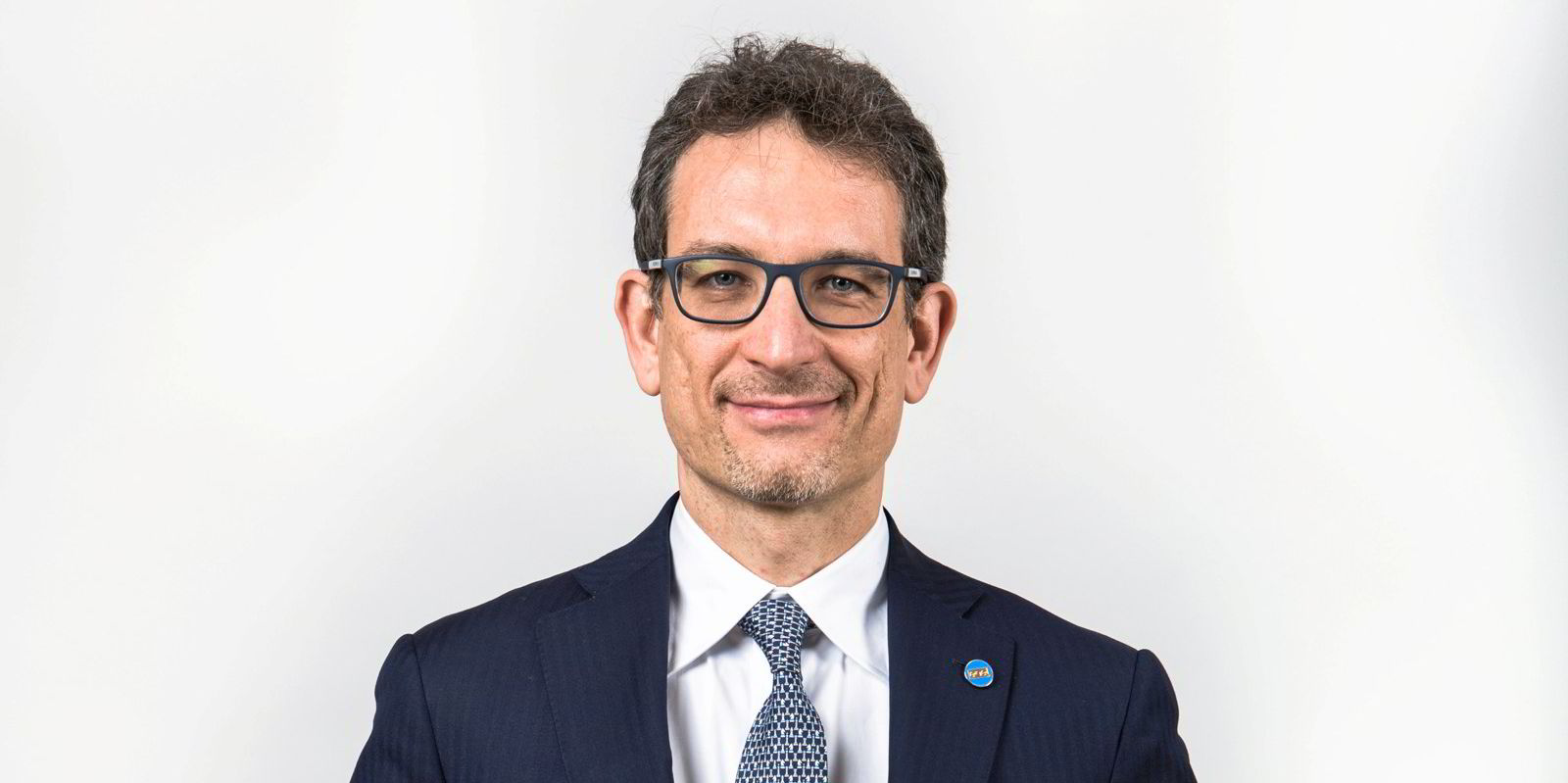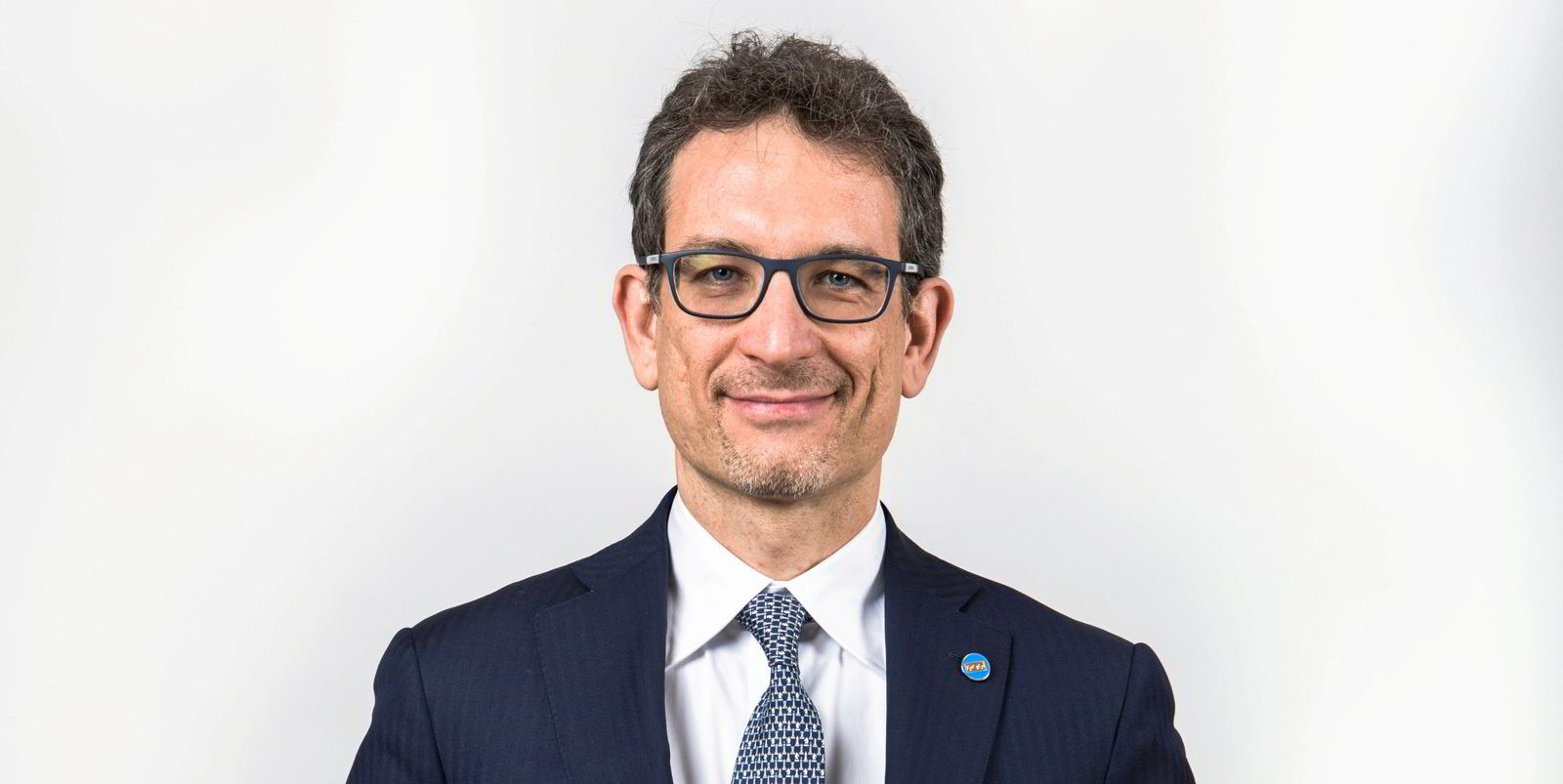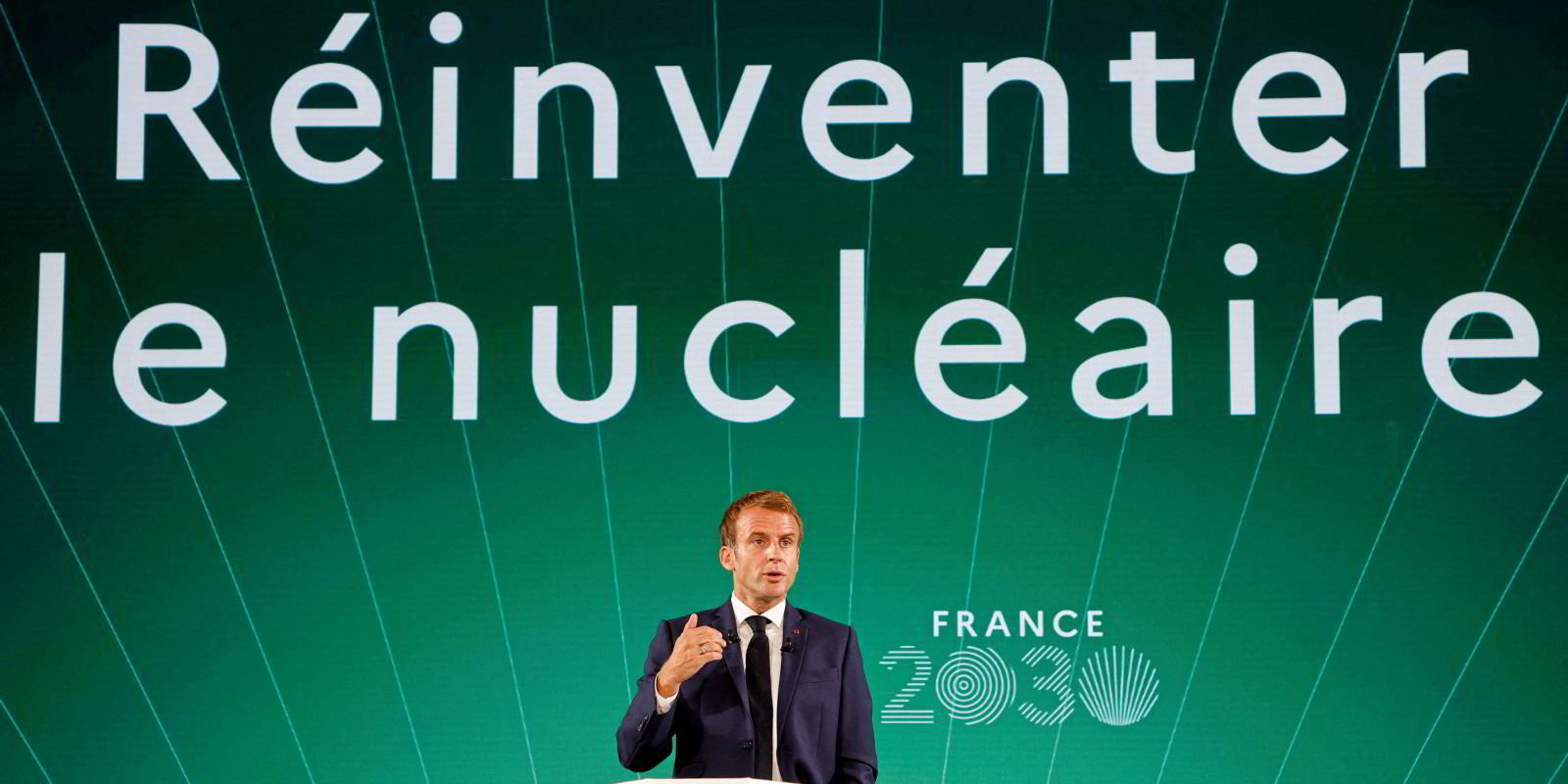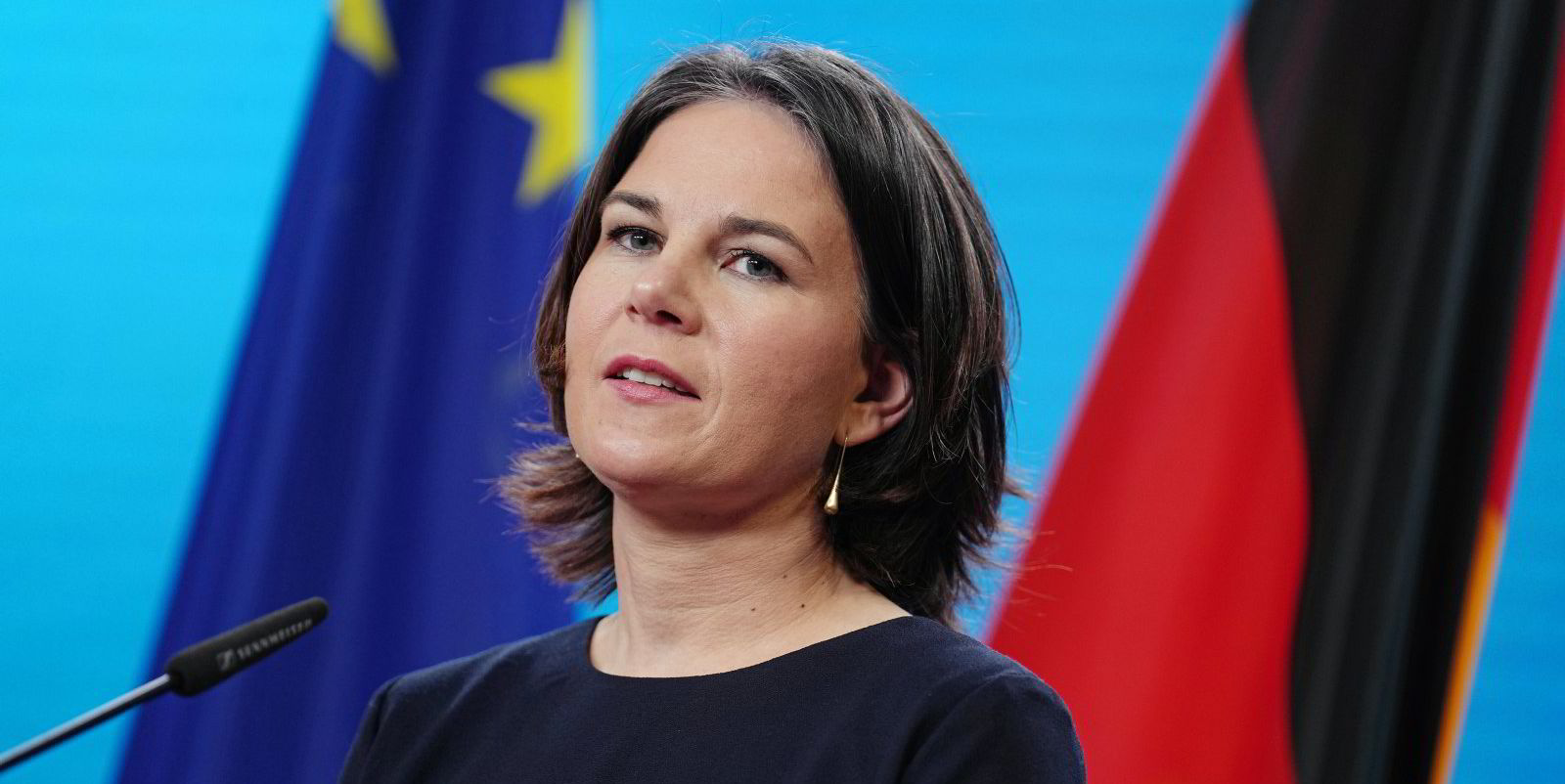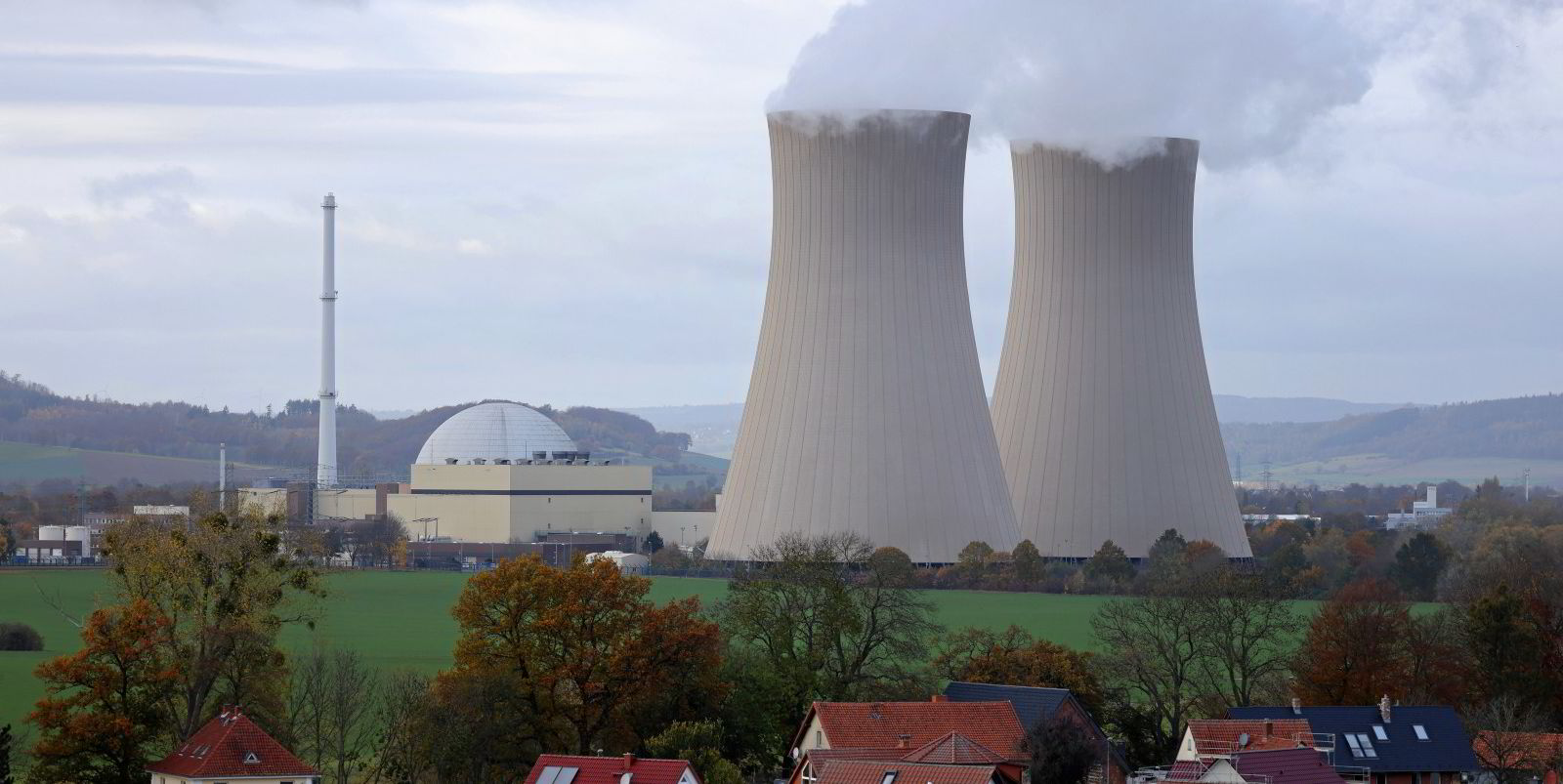Enel Green Power has no intention to invest in nuclear power despite the European Commission’s plan to label the technology as sustainable, the Italian renewables supermajor’s chief executive Salvatore Bernabei said.
Construction times of conventional nuclear power plants are far too long in relation to the need to get the energy transition done within the next 20 to 30 years, the CEO explained.
“If you think about the current technology and the current timing of development and construction of nuclear plants, it is much bigger than 10 years (from the moment) you take the initial investment decision,” Bernabei said at a press briefing.
“You have the permitting, then you have the construction,” he said, adding that all projects currently being built have exceeded their planned construction time, and their completion takes “two to three times more than initially expected.”
“They are (also) out of budget. So, saying that nuclear could help in the transition with the current technology - I leave you to (make) the conclusion.”
His comments came after the EU Commission had proposed to include nuclear power and fossil gas under certain circumstances in its taxonomy that labels energy projects as sustainable and thus facilitates financing. The taxonomy proposal enjoys the backing by France, Finland and several Eastern European EU states that want to build or expand atomic power, but the inclusion of nuclear has been strongly opposed by Germany, Austria, Spain and Luxembourg.
Despite its stated wish to build new nuclear reactors and revamp existing ones to extend their operational life, France has suffered severe setbacks during the construction of the Flamanville 3 reactor, one of the few nuclear plants being built in Europe. The country this winter also had to switch off a series of atomic power stations, forcing it to import large volumes of electricity from neighbouring countries.
French state-owned utility EDF earlier this month has said the plant of the novel European Pressurised Reactor (EPR) type at Flamanville will cost another €300m more than forecast and fuel loading is being pushed back by up to six month, the Reuters news agency had reported. The 1.65GW reactor according to French media will then have cost French taxpayers a record €19.1bn ($21.5bn) instead of the €3.4bn originally budgeted, and have taken 15 years to build, ten years longer than originally planned.
Similar construction time and cost overruns have been experienced in Finland, where operator Teollisuuden Voima (TVO) has recently started to commission the Olkiluoto 3 reactor, also an EPR reactor.
Germany’s government last weekend issued a statement rejecting the inclusion of nuclear power into the EU’s taxonomy.
“It is risky and expensive. New reactor concepts such as mini-reactors also entail similar problems and cannot be classified as sustainable,” economics and climate minister Robert Habeck and environment minister Steffi Lemke said in a joint reaction.
It is clear to everyone that the levelised cost of electricity (LCOE) of nuclear is much bigger than €100 per megawatt hour, Bernabei agreed.
Small nuclear reactors (SMRs), which by some investors such as Bill Gates are touted to be a quick solution helping the energy transition, and supposedly are safer, may not be such a quick fix either, the EGP CEO pointed out.
“Then you talk of the next generation (of nuclear power). But in the next generation, you have this word ‘next’, (which) has to be defined yet. We are speaking about something that could be ready in 2040 – perhaps,” Bernabei said.
The first SMR reactor is slated to be built in China by 2026, “and they are the first mover,” the CEO added.
“So, whatever the taxonomy would say, the question will be ‘is there anyone available to invest in a technology that would need more than 10 years to become a reality? And perhaps when it becomes reality, the market has completely changed its dynamic with a cost that today is not competitive.”
“As Enel we don’t intend to invest in nuclear obviously.”
Italy after a referendum following the Chernobyl nuclear disaster had switched off nuclear power in the by 1990, but the far right Lega party of Matteo Salvini lobbies for it renaissance.
